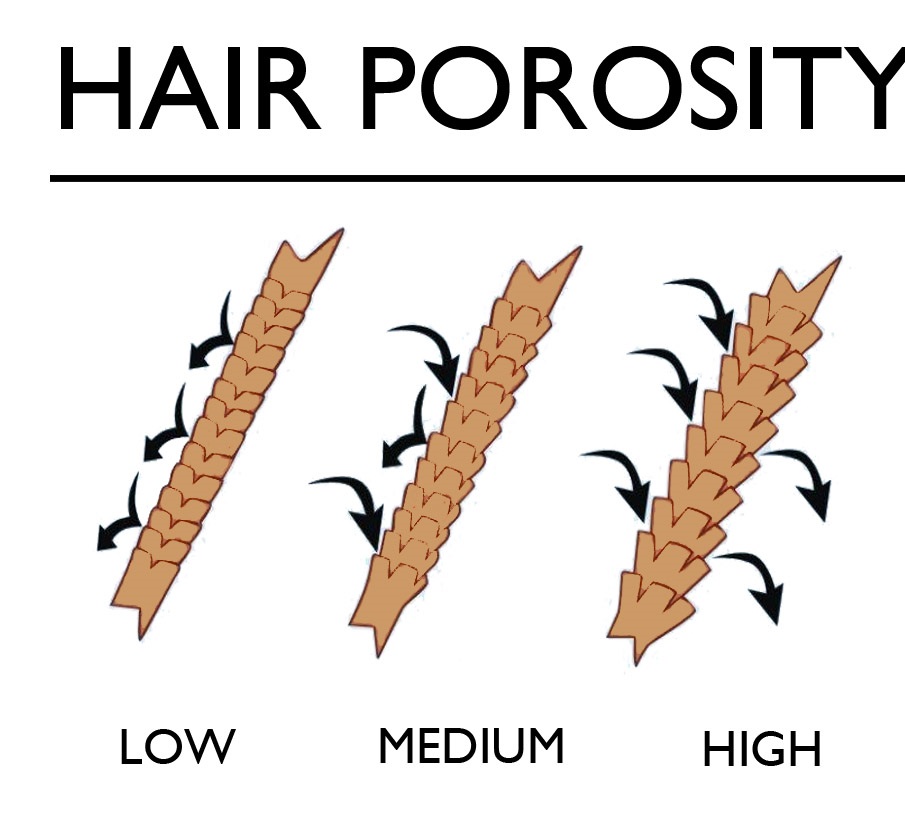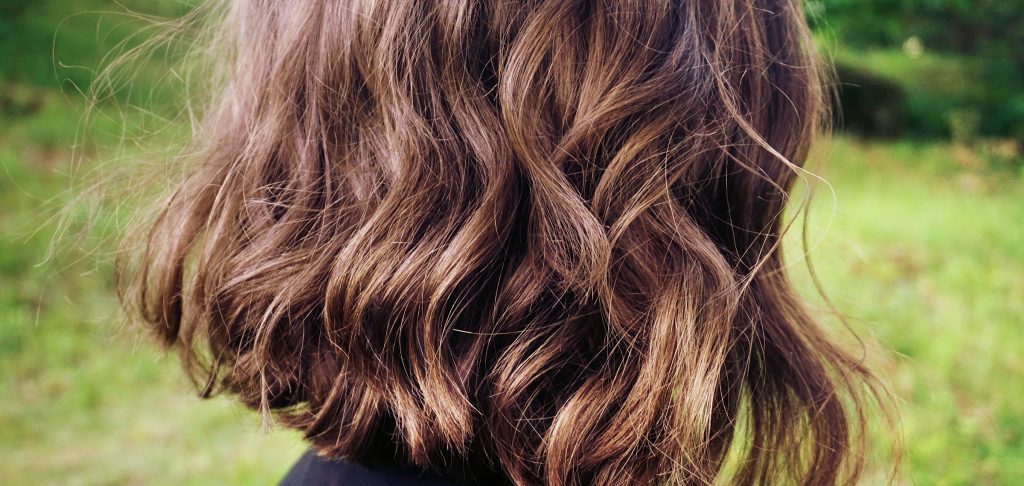Just put, porosity refers to the ability of your hair to absorb and retain moisture. Hair can be low in porosity, natural in balance or highly porous. A natural balance is desirable, since it ensures our hair properly absorbs and maintains moisture. Low porosity isn’t a problem either; it just means that consuming chemicals can take your hair longer. Let see about tips to reduce the hair porosity.
 On the other side, hair which is highly elastic, has more trouble absorbing moisture. Porous hair also absorbs the chemicals and heats quicker than the less porous hair. Resultant, damage from over-processing is more susceptible. Another problem with extremely porous hair is how easily it loses moisture. Since the cuticula is open and strained, it absorbs and loses moisture readily, causing the hair to look and feel dry and straw-like.
On the other side, hair which is highly elastic, has more trouble absorbing moisture. Porous hair also absorbs the chemicals and heats quicker than the less porous hair. Resultant, damage from over-processing is more susceptible. Another problem with extremely porous hair is how easily it loses moisture. Since the cuticula is open and strained, it absorbs and loses moisture readily, causing the hair to look and feel dry and straw-like.
Test the porosity of your hair
By completing a strand test, you can check if your hair is having a porosity problem. Glide your fingertips from root to tip through a strand of hair, and see if the hair at the ends feels rough and brittle. Another simple test is placing a few strands of hair in a cup of water and seeing how easily they fall. Faster water absorption (moisture) may seem ideal but it is not because highly porous hair loses moisture as soon as it absorbs it.
What’s raising the hair porosity level
The ways to getting rid of the hair porosity is influenced by the use of chemicals. It’s highly advised that you and the exposure of your hair to these agents to avoid irreparable hair damage.
Precaution
Please note that the time it takes to handle chemicals and heat application in your hair is directly influenced by the porosity of your hair, more so than the texture of your hair. It’s wrong to assume that your hair would take longer to process dye, blow dry or flat iron only because it’s more disgusting.
What should you do if you have porous hair?
Porosity issues can be fixed with light protein treatments, as you have probably guessed by now, because protein binds to the hair and fills in the areas that are excessively visible. Do not overuse protein, as it will more dry out your hair. If your hair begins to feel crunchy, slow down on protein use, that’s typically a warning that you overdo it. If you usually experience protein allergy, then use acidic conditioning therapies is another option. Choose a good acidic conditioner that can be used to supplement deep therapies; conditioners sold to damaged or color-treated hair are typically more acidic and would be good for the hair.

